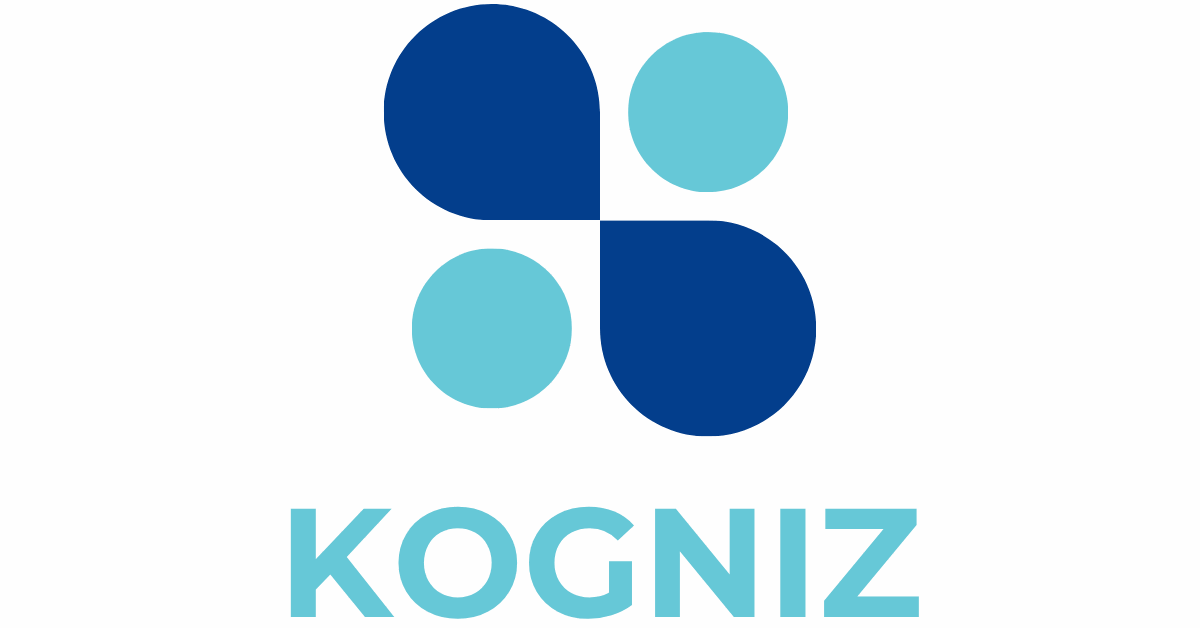In today’s fast-paced world, healthcare is no longer confined to waiting rooms and hospital visits. With a tap of a finger, patients can access vital health information, schedule appointments, and even consult with doctors—all from their trusty mobile devices. It’s like having a personal health assistant in your pocket, minus the awkward small talk.
Healthcare mobile apps are revolutionizing the way patients manage their health, making it easier than ever to stay informed and engaged in their wellness journey. Whether it’s tracking medications or finding the nearest pharmacy, these apps are designed to simplify and enhance the patient experience. So why not embrace the future of healthcare? After all, who wouldn’t want to turn their smartphone into a health superhero?
Table of Contents
ToggleOverview of Healthcare Mobile Apps for Patients
Healthcare mobile apps serve as vital tools for patients, streamlining access to essential health services. Patients can easily connect with healthcare providers, schedule appointments, and receive reminders about medication. Enhanced communication through in-app messaging features fosters better patient-provider relationships.
Managing health information becomes straightforward with these apps. Users can monitor their medical records, track vital signs, and understand lab results in real time. Many apps include features for customized health plans, empowering patients to take charge of their well-being.
Some healthcare mobile apps excel in medication management. Users receive notifications for medication timings, facilitating adherence to prescribed regimens. Tracking medication effectiveness becomes manageable, allowing healthcare providers to make informed decisions based on patient feedback.
Patient engagement improves significantly through educational resources found within these apps. Users access articles, videos, and fitness guides tailored to their specific needs. Maintaining a proactive approach leads to healthier lifestyles and informed decision-making.
Security features are integral to these applications. Protecting personal health information remains a top priority, ensuring that data remains confidential and secure. Many apps employ advanced encryption technologies to safeguard user privacy.
Adoption rates for these healthcare solutions reflect their positive impact on patient experience. Studies indicate that patient satisfaction increases when utilizing these digital tools. Embracing technology leads to more efficient healthcare delivery and enhanced quality of care.
Key Features of Healthcare Mobile Apps
Healthcare mobile apps for patients incorporate essential features that enhance user experience and ensure information security.
User-Friendly Interface
An intuitive design enhances patient engagement. Users find it easy to navigate through various features without confusion. Clear icons and simple menus facilitate quick access to appointment scheduling, health records, and lab results. Well-organized information reduces the learning curve for new users. Customizable dashboards enable individuals to prioritize health information, making it personal and relevant. Overall, a user-friendly interface plays a crucial role in user satisfaction and consistent app usage.
Security and Privacy
Security and privacy remain paramount in healthcare mobile apps. Advanced encryption technologies protect sensitive health information. Regular updates enhance the app’s security framework, ensuring resilience against potential breaches. Secure authentication methods, such as biometrics, add an extra layer of protection for personal data. Patients can feel confident when sharing health information, knowing their privacy is respected. Compliance with regulations, such as HIPAA, also demonstrates a commitment to safeguarding user data, further reassuring users about the app’s integrity.
Benefits of Using Healthcare Mobile Apps
Healthcare mobile apps greatly enhance patient experiences through various benefits. These applications streamline processes and enable users to manage their health efficiently.
Improved Access to Healthcare
Healthcare mobile apps facilitate easy access to medical services. Patients can schedule appointments quickly, eliminating long wait times. Conveniently, they can communicate with healthcare providers through messaging features. Accessing medical records and lab results is simple, allowing for timely decisions regarding treatment. Additionally, locating nearby pharmacies and healthcare facilities becomes hassle-free through integrated maps. Patients enjoy the freedom to manage their health from any location, improving overall satisfaction.
Enhanced Patient Engagement
Patient engagement increases significantly with healthcare mobile apps. Customized health plans empower users to take charge of their wellness. Multimedia resources, such as educational articles and videos, offer guidance for healthy living. Regular reminders for medication help reinforce adherence to treatment regimens. Patients can monitor vital signs and track medication effectiveness on their devices. Enhanced communication fosters relationships between patients and providers, ensuring support throughout the healthcare journey.
Popular Healthcare Mobile Apps for Patients
Healthcare mobile apps enhance patient management and accessibility. Various apps cater to different patient needs, offering features that simplify healthcare.
App A Review
MyChart stands out as a leading healthcare mobile app, promoting seamless patient-provider communication. Users access medical records, schedule appointments, and receive lab results through an intuitive interface. This app focuses on empowering patients by providing personalized health information at their fingertips. Notifications prompt timely medication reminders, ensuring adherence to treatment plans. Additionally, in-app messaging enhances communication with providers, fostering relationships that encourage proactive health management.
App B Review
HealthTap presents a unique approach by connecting patients to virtual consultations with healthcare professionals. This app allows users to ask questions and receive advice from doctors within minutes. Patients benefit from access to a wealth of information, including personalized health content tailored to individual needs. The user-friendly design simplifies navigation, ensuring a positive experience. Furthermore, appointment scheduling and prescription refills can be managed directly within the app, streamlining the healthcare process and promoting better patient engagement.
Challenges and Limitations
Healthcare mobile apps, while beneficial, face several challenges and limitations that impact their effectiveness. Connectivity issues often disrupt the user experience. Poor internet access affects app performance and prevents timely communication. In rural areas, patients may find limited connectivity, complicating healthcare engagement. Users relying on these apps for real-time updates may experience frustration.
Data accuracy concerns also pose significant challenges. Inaccurate or outdated medical information can lead to misunderstandings or incorrect treatment decisions. Patients depend on accurate records and lab results to manage their health effectively. Healthcare providers may struggle to rely on information entered into apps by users. Regular validation and updates are crucial to maintain data integrity. Ensuring accurate data enhances trust and encourages widespread adoption.
Healthcare mobile apps are revolutionizing the way patients manage their health. These tools not only enhance accessibility but also foster stronger communication between patients and providers. By offering features like medication management and personalized health plans, they empower individuals to take control of their well-being.
As technology continues to evolve, the importance of these apps will only grow. They represent a shift towards more patient-centered care, making healthcare more efficient and user-friendly. With ongoing advancements in security and functionality, healthcare mobile apps are set to play a pivotal role in shaping the future of patient engagement and management.





